Independence, Dependence, and Interdependence
Independence, Dependence, and Interdependence are three important words for couples to consider. Probably because English is not my native tongue, whenever I think about words, I tend to go first to the dictionary to get the “official” meaning of the words. Pulling together what different dictionaries and Wikipedia say, this is my take on the meaning of the words and what they mean for your relationship.
As with everything else each of these words has an upside and a downside, which you need to consider:
Independence: Not dependent; free; not subject to control by others; not relying on others; not subordinate; not subject to bias or influence; not obsequious; self-directing; easy; bold; unconstrained; free from external control and constraint.
Most people like to think they are independent. Yet, too much independence can lead to lack of coordination and accountability. In a couple, a person that is too independent will not accept influence from the other, nor will take the needs and wants of the other into account. In other words, too much independence can result in selfishness and lack of empathy. This is the downside of independence.
In the USA, the original declaration of independence was based on a vision that all men are created equal:
We hold these truths to be self-evident, that all men are created equal, that they are endowed by their Creator with certain unalienable Rights that among these are Life, Liberty and the pursuit of Happiness.
On the positive side, although rarely anyone is wholly independent, the astute person recognizing the self-evident truth that all men (and women) are created equal, treats the other with respect and encourages independence of thought, self-direction, and self-control. By the same token, the individual takes responsibility for their own actions and voluntarily tempers his or her own independence with ethical values, love and concerns.
Dependence: The state of relying on or being controlled by someone or something else; being abnormally tolerant to and dependent on something that is psychologically or physically habit-forming (especially alcohol or narcotic drugs); reliance or trust on something or someone.
Although we hear this word mostly use with negative connotations, as in people who are drug dependent, emotionally dependent on others for their survival, or being dependent on the good graces of a controlling person, there is also a positive side to dependency: Reliance or trust on something or someone. Couples need to be able to depend on each other for the family to work efficiently. Being trustworthy and encouraging trustworthiness in others is a vital ingredient for successful relationships.
Interdependence: mutually dependent; depending on each other. I like the way Wikipedia talks about interdependence: Interdependence is a dynamic of being mutually and physically responsible to and sharing a common set of principles with others. This concept differs distinctly from "dependence" in that an interdependent relationship implies that all participants are emotionally, economically, ecologically and or morally "interdependent." Some people advocate freedom or independence as a sort of ultimate good; others do the same with devotion to one's family, community, or society. Interdependence recognizes the truth in each position and weaves them together.”
The wise couple creates interconnectedness in their relationship, or as I prefer to call it, collaboration. They look at their relationship as a “body” in which each part is interdependent, because all parts are needed for survival and optimal health. Therefore, every independent part is important, and the optimal relationship between all the parts makes the whole more efficient, effective, and insightful.
A couple that is interconnected will be wiser, because they will see their differences as a way to become stronger together. Collaboration is made possible by dialogue or conversations, where both learn from each other and enrich their thinking. You can rediscover and nurture connections with others, addressing some of the fragmentation experienced in modern life. This will bring coherence to your relationship and fosters an environment of appreciation. You will then be able to listen to each other and inquire into new territory.
The magic of dialogue occurs when a couple wonders into new territory - discovers new meaning - that you could never have found alone. In sharing your lives, stories, hearts, and thoughts you arrive at meanings that flow from the interaction between the two of you. This powerful experience of the creation of shared meaning creates community and collaboration. In turn, it strengthen the bonds of love and positive feelings.

